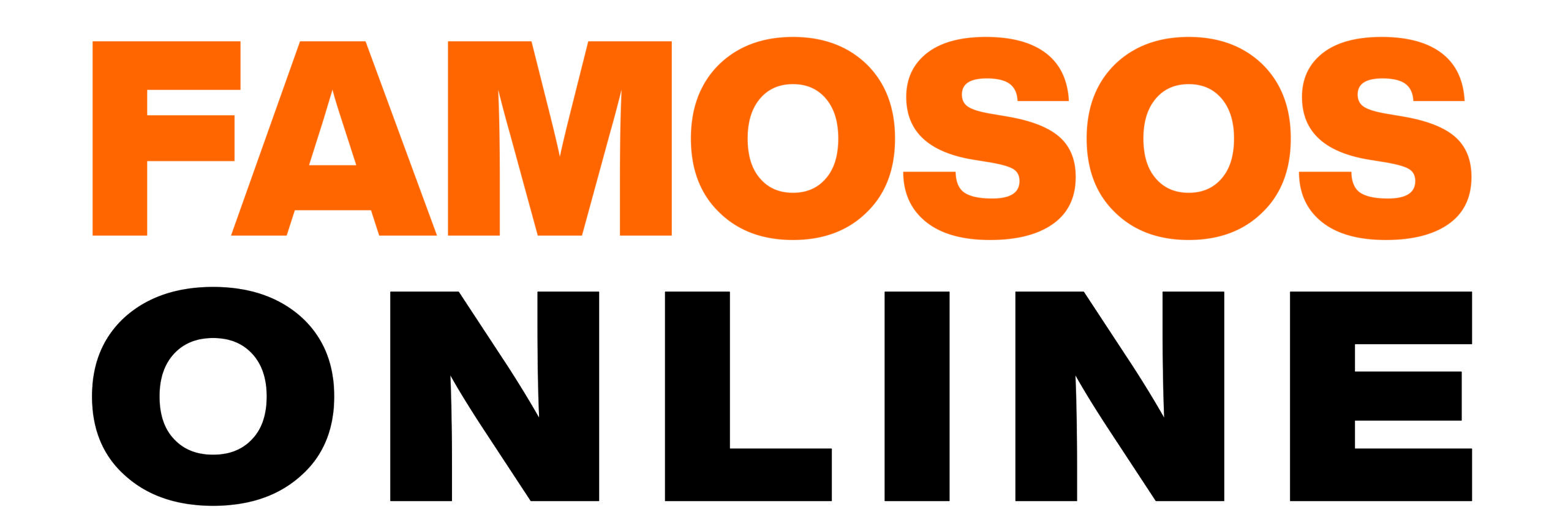Due diligence is a vital component of fundraising processes. When it comes to reviewing a potential partner’s financial history or identifying reputational risks, thorough due diligence analysis can help ensure that philanthropic partnerships are both productive and ethical.
The process is not without challenges. Inequal implementation and allocation of resources can result in a sporadic and inconsistent approach, which could cause distrust among donors. Concerns about data protection can also arise when nonprofits do not comply in their obligation to safeguard sensitive information. The misuse of donor information is a growing concern for the entire industry.
It’s never been more vital to conduct thorough due diligence research. In this digital age the news can be spewed quickly and reputational harm – particularly for nonprofits – can be sustained for quite a long time.
It’s important to get started early. If you wait until a potential client has been identified and developed often means that reputational risk issues are discovered too late, potentially wasting resources and energy on a relationship which is against the company’s values.
It is important to have a uniform and unifying policy that includes clearly defined guidelines. It’s easier for teams recognize risks and tackle them before they become a problem. A central repository for all due diligence documents is also beneficial, so that you can provide them to investors at the drop of a hat whenever the need arises. This is where an automated, adaptable data room system can www.dataroompro.blog be a huge help.
